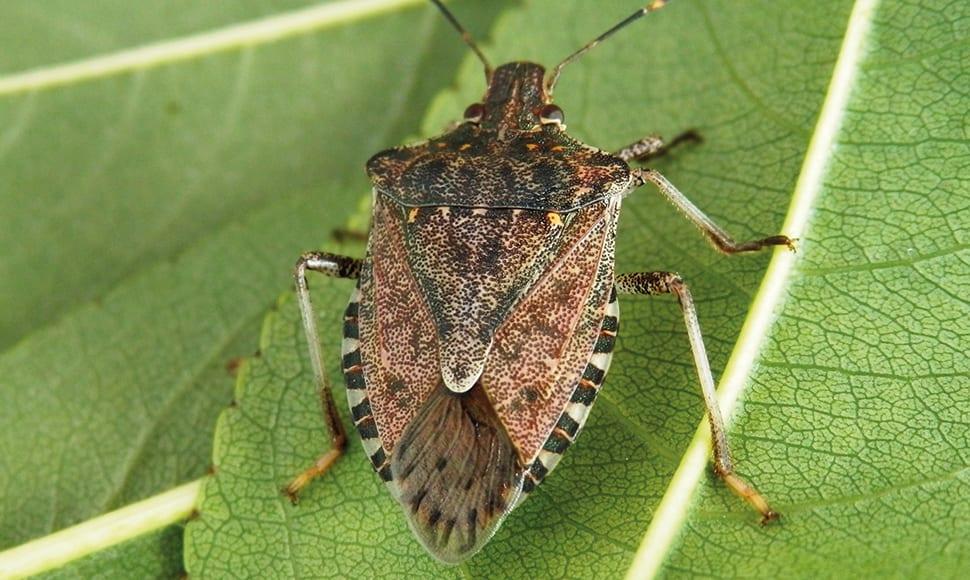ACS contributes to the defense of the viticultural agroecosystems from the Asian bug

Dr. Ilaria Negri of the Catholic University of Piacenza illustrates the support of simulated environmental tests for studies on climate change and its consequences on biodiversity
Agriculture is experiencing new challenges related to the climate change, the increase in trade and new market needs. It is therefore necessary to collect new information on the effects of changed climatic conditions on harmful organisms and on the spread of alien species, with the ultimate aim of promoting sustainable crop management.
Due to its climatic and geographical characteristics, Italy suffers more than other countries from the introduction of alien species which, coming into contact with defenseless plants and trees, are able to spread uncontrollably.
One of these is the Asian bug, Halyomorpha halys, an extremely voracious and polyphagous insect. The attacks of this insect are bringing various sectors to their knees (fruit and vegetables, large herbaceous crops, horticulture, etc.).
The defense strategies currently implemented against this insect result in the use of residual insecticides which, however, have little effect on adults and require a high frequency of application, with considerable economic outlay and damage to useful insects. Recently, in some areas of Northern Italy, the fight with natural insect limiters has been promoted, but the most efficient species also come from the country of origin of the bug, Asia, and the effects of the massive introduction of new alien species on the environmental balance and on our biodiversity are unfortunately not predictable.
The agricultural and forestry research project funded by the Lombardy Region "DEBUG - Acquisition of new knowledge useful for the control of the alien weed Halyomorpha halys in viticultural agroecosystems in Lombardia" of the Catholic University, coordinated by Dr. Ilaria Negri, aims at the sustainable control of Asian bedbug.
"To effectively and sustainably combat a pest organism, it is first of all necessary to know its biology, ecology and the adaptation of the species to the new environmental conditions." illustrates Dr. Negri. "Therefore, simulating different microclimatic conditions and identifying which microhabitats are particularly favored by the species or, on the other hand, those that cause physiological stress is the starting point for the development of effective prevention and sustainable control strategies."
From an ecological point of view, while the habitat is the physical place where one or more species live, the microhabitat is a more limited portion of the habitat that has specific microclimatic conditions (temperature, humidity, exposure, light, and so on), preferred by the organism itself. A puddle, a ripe fruit, the bark of a tree constitute microhabitats for many living species. We ourselves can prefer, for example, the microclimate generated by a shaded area compared to the summer sun.
"By using a climatic chamber, the effect of specific environmental parameters (for example, typical parameters of the microhabitats of a crop) on the physiology and life cycle of pests can be verified. This allows us to know what are the conditions that determine greater or lesser physiological stress for an insect and which are therefore the (micro) areas of crops most susceptible to infestations, so as to be able to implement targeted and localized sustainable defense interventions, according to a principle of Precision Crop Protection. These data can also be used to integrate predictive models of the spread of infestations in the field, also in light of the climate changes underway. "

